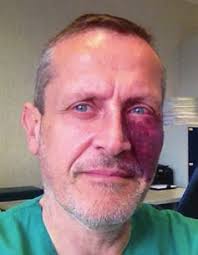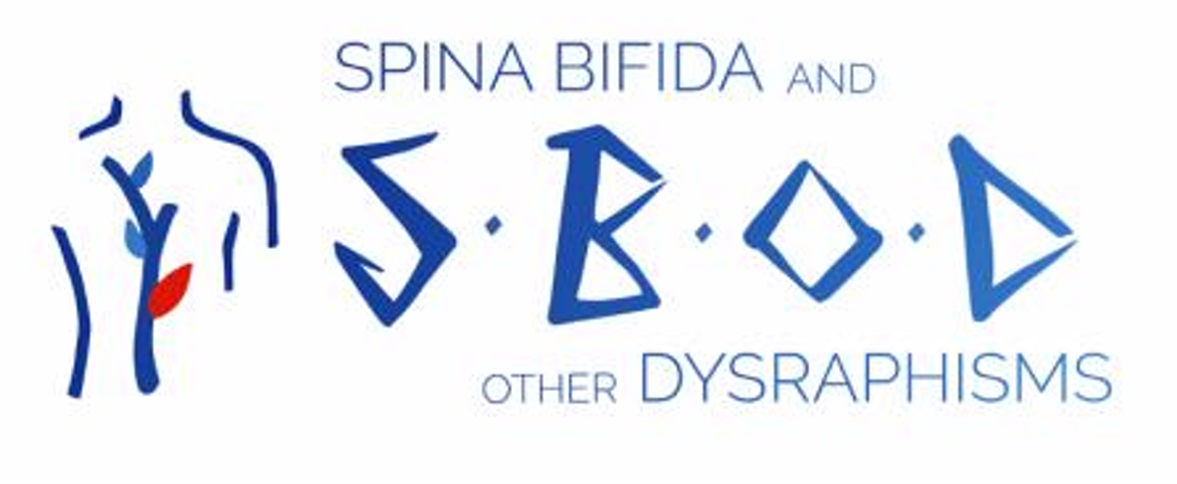Workgroup Chair and co-Chair

Chair: Pr Giovanni Mosiello
(Rome)

Co-chair: Jean-Marie Jouannic
(Paris)
Spinal dysraphisms are a group of rare congenital malformation syndromes that affect the baby’s spine. Spina Bifida syndrome is a particular condition part of this broader cluster. This Workgroup focuses on improving care for both Spina Bifida syndrome and other kinds of spinal dysraphisms.

Those disorders require multidisciplinary expertise, that fits mainly within the remit of two ERNs: ERN- ITHACA (malformative syndromes) and eUROGEN (Urogenital diseases). The Spinal Bifida and Other Dysraphisms (SBoD) Workgroup has thus the particularity of being a cross-ERN workgroup. Its main focus is the production of care documents for both ERNs.
Production of an expert consensus statement on SBoD
This taskforce has convened a group of multidisciplinary experts from the two ERNs to review existing national recommendations for spinal dysraphisms, and to issue a new European expert consensus statement.
It will also work on producing, from this expert statement, an easy-to-understand English version for patients, and to provide translations of this document into other European languages, to make information as largely accessible as possible.
To know more about expert consensus statements and guidelines, you can visit our webpage on the ERN-ITHACA Guideline Workgroup.
Production of other care documents for SBoD
This taskforce works to spread medical knowledge on Spina Bifida and associated disorders by providing new Orphacodes for spinal dysraphisms (see our page on Orphanet), and by expanding the Human Phenotype Ontology database with new feotal phenotype descriptions (see what is the Human Phenotype Ontology project).
Foetal surgery
Spine defects being detectable and sometimes treatable before birth, this workgroup includes a taskforce committed to facilitate access to fetal surgery.
This taskforce is working to identify and map what centres within the ITHACA network have expertise in fetal surgery. This list will be of help for healthcare professionals and for patients & families themselves.
It is also planning on adopting a special dataset for prenatal and postnatal descriptions of spinal dysraphisms, including a dataset for fetal surgery, and on following-up with SBoD patients in the database. This project is part of the ILIAD meta-registery, that you can discover here:
We will also organise a new workshop for professionals involved in the field of fetal surgery to meet, discuss and exchange knowledge.
